Could a handful of blueberries or a sprinkle of walnuts be the key to a sharper, more resilient mind? In a world where mental fatigue often feels inevitable, the idea of neuroplasticity superfoods—foods that may support the brain’s ability to adapt and rewire itself—offers a glimmer of hope. Across the U.S., from bustling city cafes to suburban kitchens, more people are turning to diet as a tool for not just physical health, but mental clarity and emotional balance. The science of neuroplasticity, once confined to academic journals, is now shaping grocery lists. This isn’t about quick fixes or trendy fads. It’s about understanding how certain nutrients might bolster the brain’s capacity to grow, heal, and thrive amid life’s stresses. Let’s unpack 12 specific superfoods that researchers and nutritionists are linking to better brain health and self-care, and why they’re worth a spot on your plate in 2025.
1. Blueberries: Tiny Powerhouses for Cognitive Strength

Blueberries often steal the spotlight in conversations about brain-boosting foods, and for good reason. Packed with antioxidants like flavonoids, they combat oxidative stress—a key factor in age-related cognitive decline. Studies suggest these compounds may enhance communication between brain cells, potentially improving memory and learning. A 2021 study from the University of Cincinnati, published in the journal Nutrients, found that daily blueberry consumption improved cognitive performance in older adults. Beyond the lab, there’s something grounding about tossing a handful into morning oatmeal. It’s a small act of self-care that feels both practical and indulgent, a quiet way to prioritize mental wellness before the day’s chaos begins. For many, it’s less about the science and more about the ritual—a moment to slow down.
2. Walnuts: Fueling Brain Structure with Healthy Fats
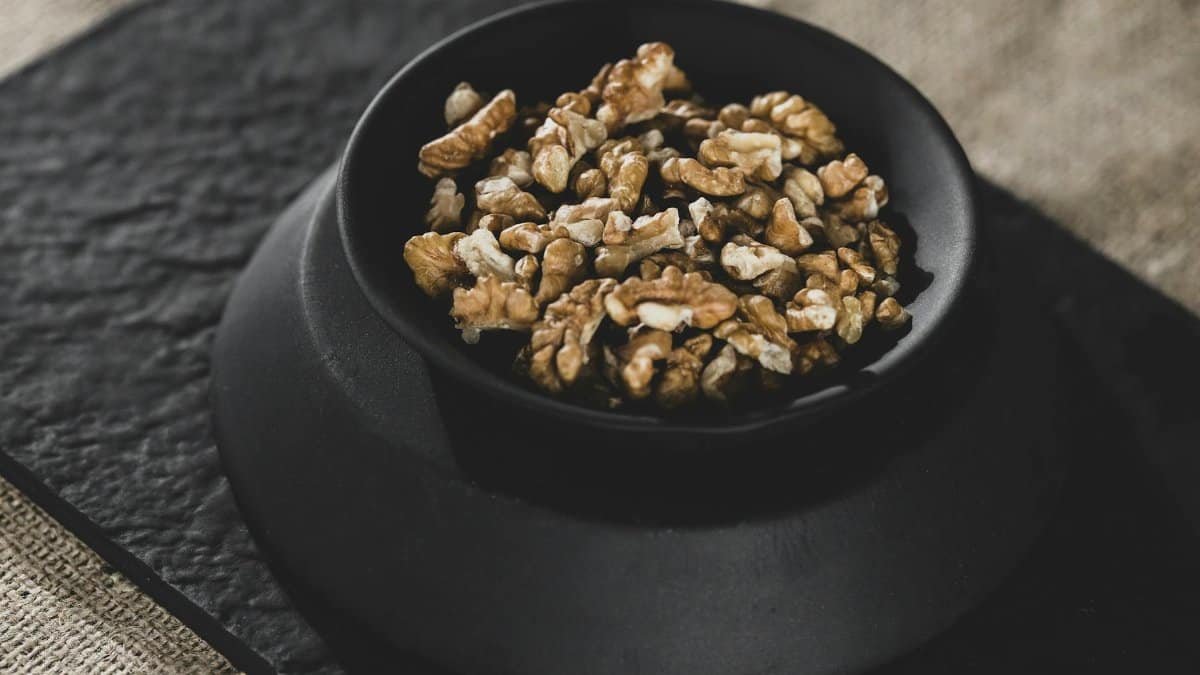
Walnuts don’t just mimic the shape of a brain; they nourish it too. Rich in omega-3 fatty acids, particularly ALA (alpha-linolenic acid), they support the structural integrity of brain cell membranes. Research from UCLA, detailed in a 2015 study via the National Institutes of Health, linked walnut consumption to better cognitive test scores in adults. Imagine a retiree in a small Ohio town, cracking open a handful each afternoon, unaware of the precise mechanisms but noticing a bit more mental sharpness during crossword puzzles. It’s these subtle shifts that make walnuts a staple among neuroplasticity superfoods. Add them to salads or snack on them raw—either way, they’re an easy win for brain health.
3. Fatty Fish: Omega-3s for Neural Connections
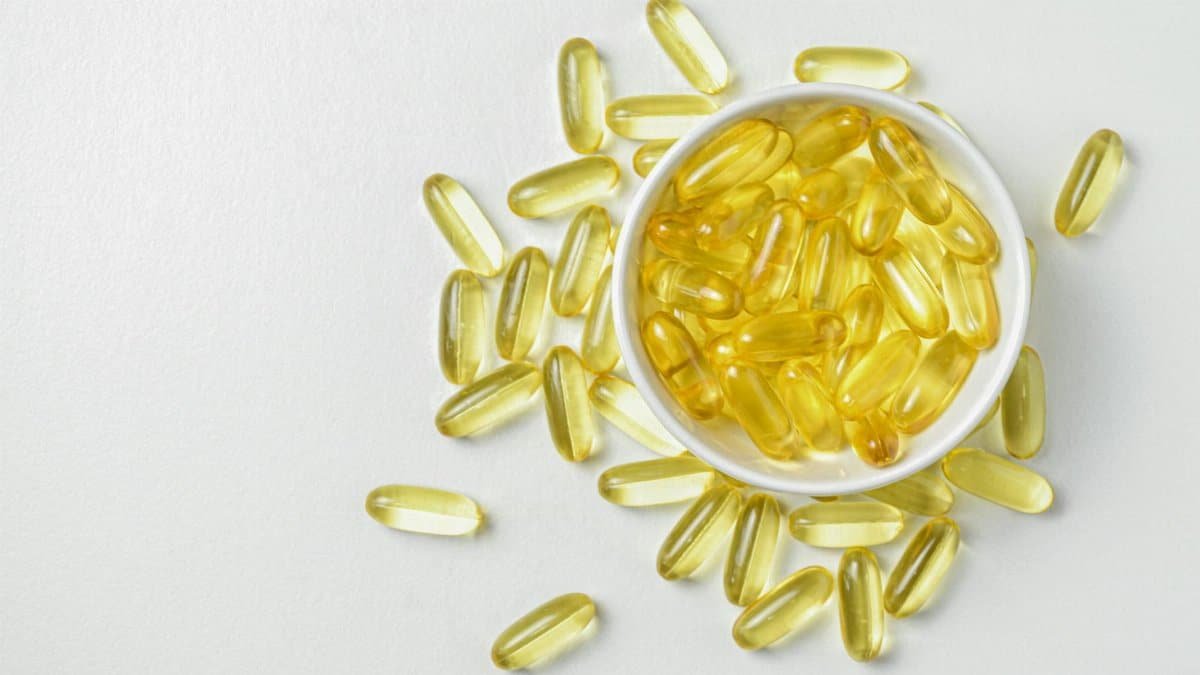
Salmon, mackerel, and sardines are often hailed as brain food royalty, thanks to their high levels of DHA, a type of omega-3 fatty acid critical for maintaining neural connections. DHA plays a role in synaptic plasticity, the brain’s ability to form and strengthen pathways. A report from Harvard Medical School, accessible through Harvard Health Publishing, underscores how regular fish consumption correlates with lower risks of cognitive decline. Picture a family in Seattle grilling salmon on a rainy evening, the rich aroma filling the kitchen. It’s not just dinner; it’s an investment in long-term mental agility. For those who don’t eat fish, algae-based supplements offer a plant-based alternative with similar benefits.
4. Dark Chocolate: A Sweet Boost for Brain Blood Flow

Yes, chocolate can be a brain ally—when it’s dark and minimally processed. High in flavanols, dark chocolate (at least 70% cocoa) may improve blood flow to the brain, supporting cognitive function. A 2017 review in Frontiers in Nutrition noted that cocoa flavanols could enhance attention and processing speed. Savoring a small square after a stressful day isn’t just a treat; it’s a micro-dose of self-care. One online account recently described unwinding with dark chocolate as “a reset button for my overloaded mind.” While it’s no cure-all, pairing it with nuts or fruit can balance indulgence with nutrition, making mental health feel a little sweeter.
5. Avocados: Creamy Support for Brain Cell Health

Avocados bring more than Instagram-worthy toast to the table. Their monounsaturated fats support healthy blood flow, which is vital for brain function, while vitamin E offers antioxidant protection. Though specific studies on avocados and neuroplasticity are limited, their nutrient profile aligns with brain health principles noted by the National Institutes of Health. Smashing one onto whole-grain bread or blending it into a smoothie feels like a small victory for self-care. It’s the kind of food that fuels both body and mind without fanfare, a staple for anyone looking to nurture cognitive resilience in 2025.
6. Spinach: Leafy Greens for Neural Protection
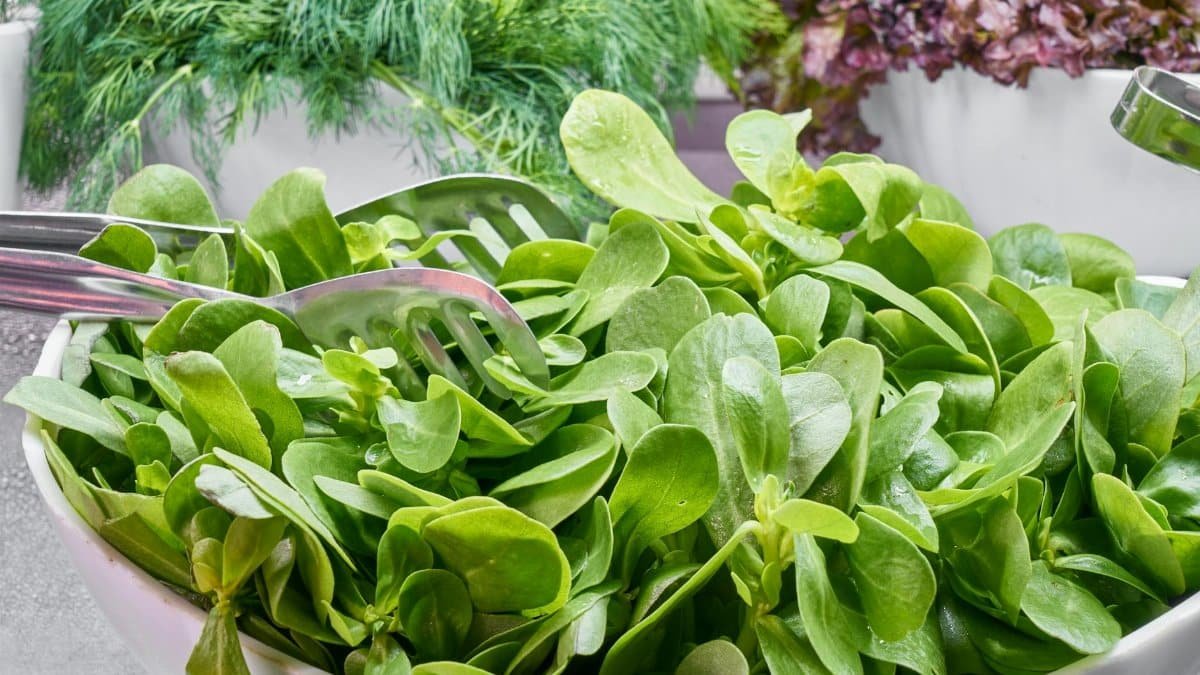
Spinach and other leafy greens like kale are loaded with vitamins K, A, and C, as well as folate—all of which play roles in protecting brain cells from damage. They’re also rich in lutein, a compound linked to better cognitive performance. Research backed by the NIH highlights how these nutrients may slow age-related mental decline. Tossing spinach into a morning smoothie or sautéing it as a side doesn’t require a nutrition degree. It’s a simple habit, yet one that quietly builds a foundation for a more adaptable brain over time.
7. Turmeric: Golden Spice for Inflammation Control

Turmeric’s active compound, curcumin, has gained attention for its anti-inflammatory properties, which may benefit brain health by reducing neuroinflammation—a barrier to plasticity. While human studies are ongoing, early research suggests curcumin could support memory and mood. Adding a pinch to soups or teas is an accessible way to experiment. For many Americans, it’s become a pantry staple, a nod to both tradition and cutting-edge science as they seek natural ways to support mental clarity.
8. Eggs: Choline for Memory Pathways

Eggs are a powerhouse of choline, a nutrient essential for producing acetylcholine, a neurotransmitter tied to memory and learning. They’re affordable, versatile, and widely available, making them a practical choice for brain support. Whether scrambled for breakfast or hard-boiled as a snack, they fit seamlessly into daily routines. The science is promising, with studies indicating choline’s role in neural development across the lifespan. Eggs remind us that neuroplasticity superfoods don’t have to be exotic or expensive to make a difference.
9. Broccoli: A Cruciferous Champion for Detox
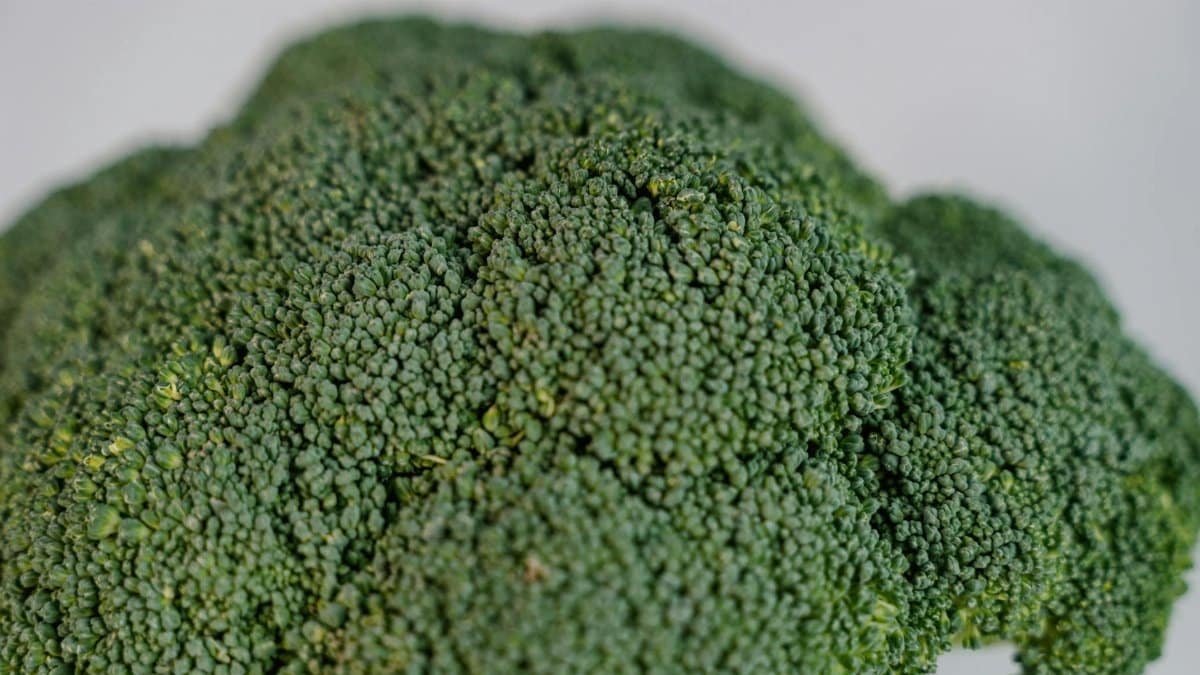
Broccoli isn’t just for dieters; it’s a brain booster too. High in sulforaphane, a compound with antioxidant and anti-inflammatory effects, it may help detoxify harmful substances in the brain. Its vitamin K content also supports cognitive function. Steaming a batch for dinner or roasting it with garlic offers a satisfying way to care for mental health. It’s a vegetable that proves small, consistent choices can add up to significant brain benefits.
10. Pumpkin Seeds: Magnesium for Stress Reduction
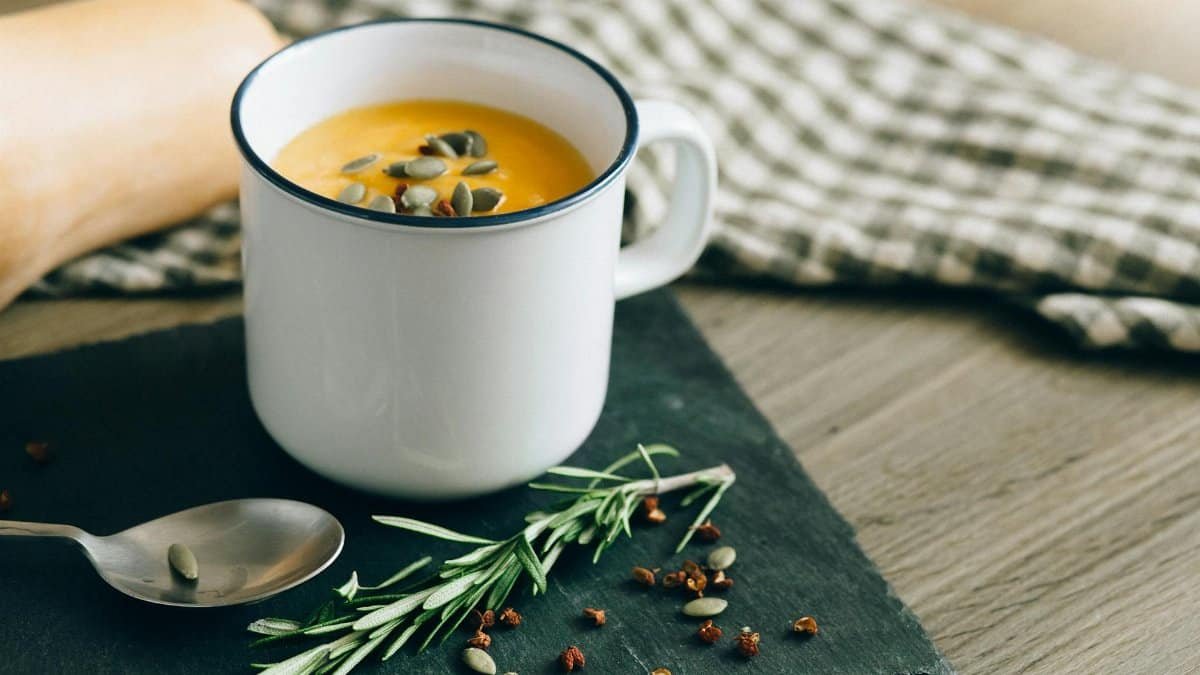
Pumpkin seeds deliver a hefty dose of magnesium, a mineral linked to stress reduction and better sleep—both critical for brain plasticity. They also provide zinc, which supports neural signaling. Sprinkling them on yogurt or salads adds a nutty crunch while quietly supporting mental resilience. In a fast-paced world, these tiny seeds are a reminder to nourish the mind as much as the body, especially during demanding times.
11. Green Tea: Antioxidants for Mental Clarity

Green tea combines caffeine for focus with L-theanine for calm, a duo that may enhance brain function without the jitters of coffee. Its catechins, powerful antioxidants, protect neurons from damage. Sipping a warm cup in the morning or iced in the afternoon becomes a ritual of clarity. It’s no surprise that green tea often appears on lists of neuroplasticity superfoods, bridging ancient wisdom with modern neuroscience for everyday self-care.
12. Berries Beyond Blueberries: Variety for Brain Diversity
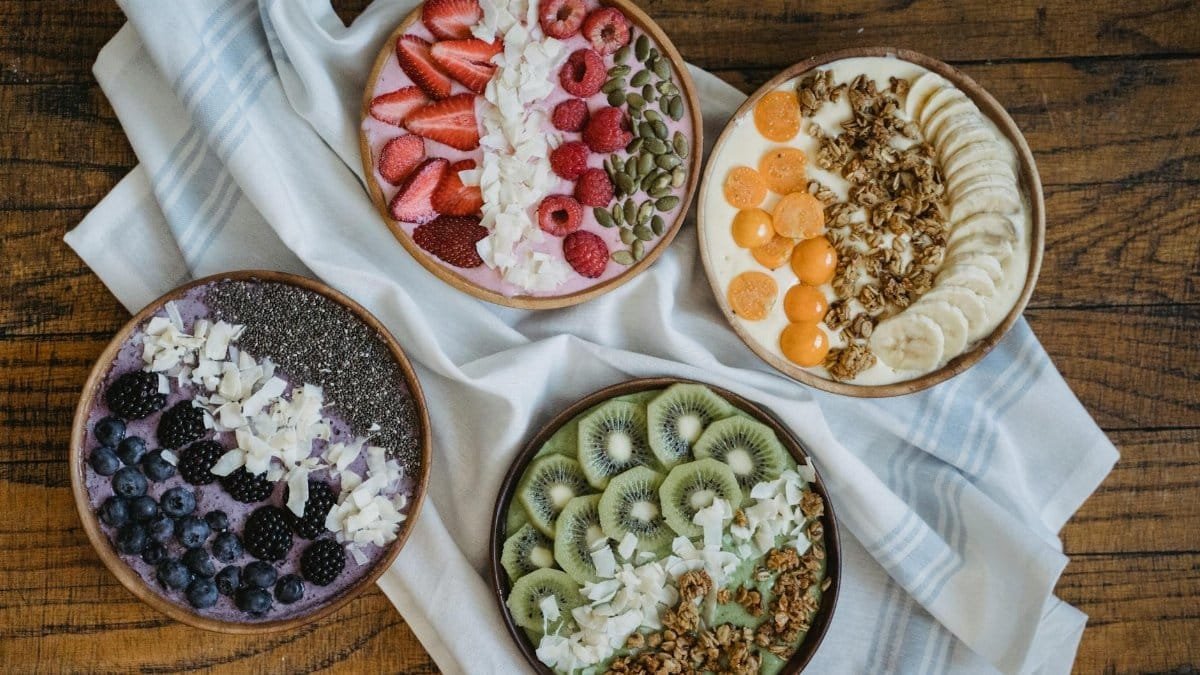
While blueberries lead the pack, strawberries, raspberries, and blackberries also shine with antioxidants that combat brain aging. Each offers unique compounds that may support neural growth and repair. Mixing a variety into a fruit bowl or smoothie ensures a spectrum of benefits. Think of a Michigan farmer’s market in summer, vibrant with berries, where shoppers load up not just for taste but for a subconscious nod to mental longevity. Variety, after all, keeps both diet and brain dynamic.
